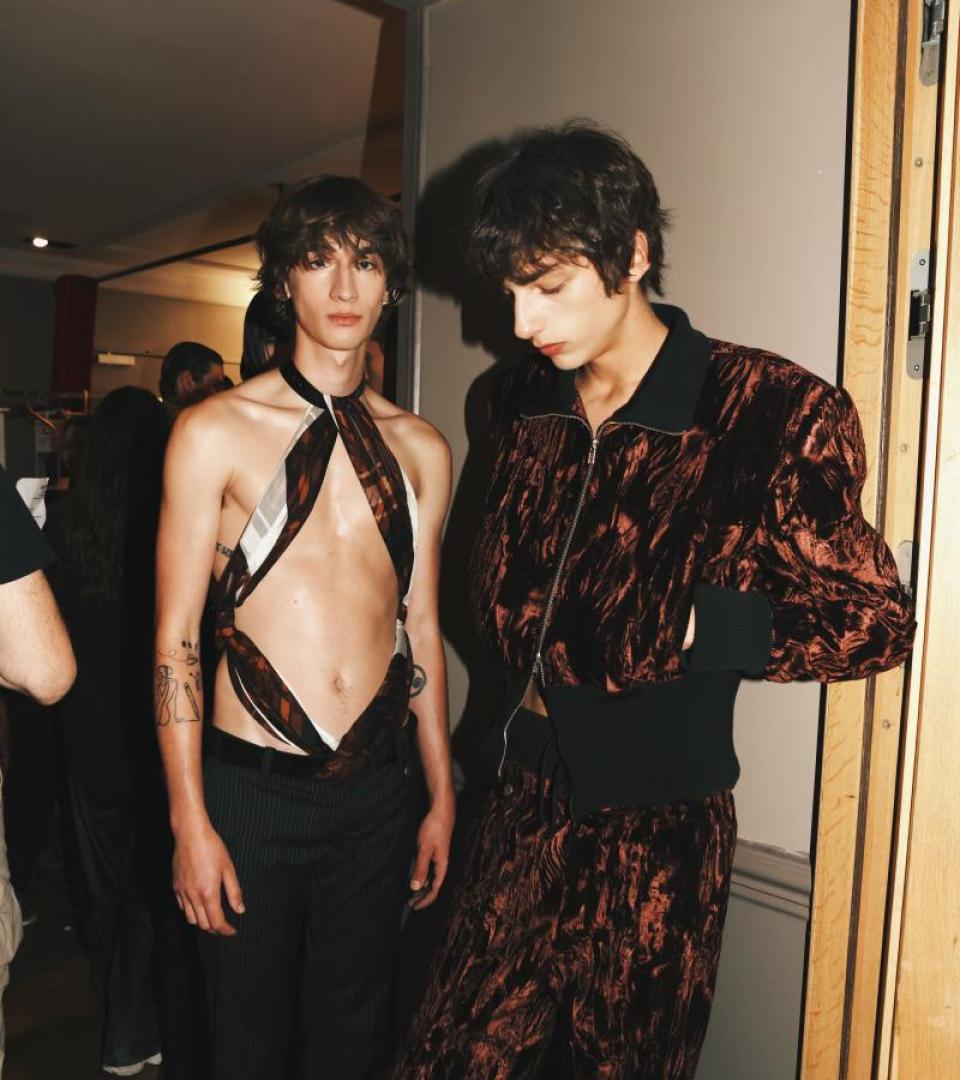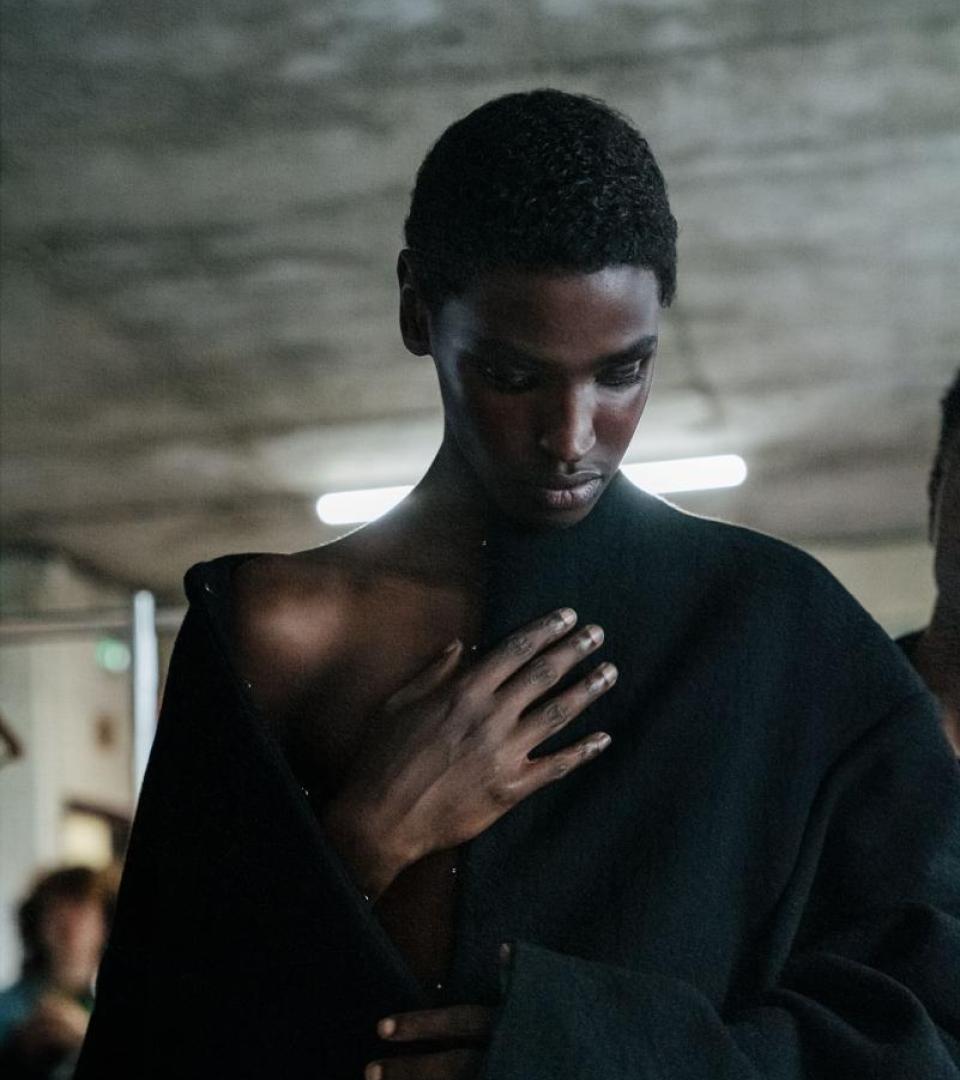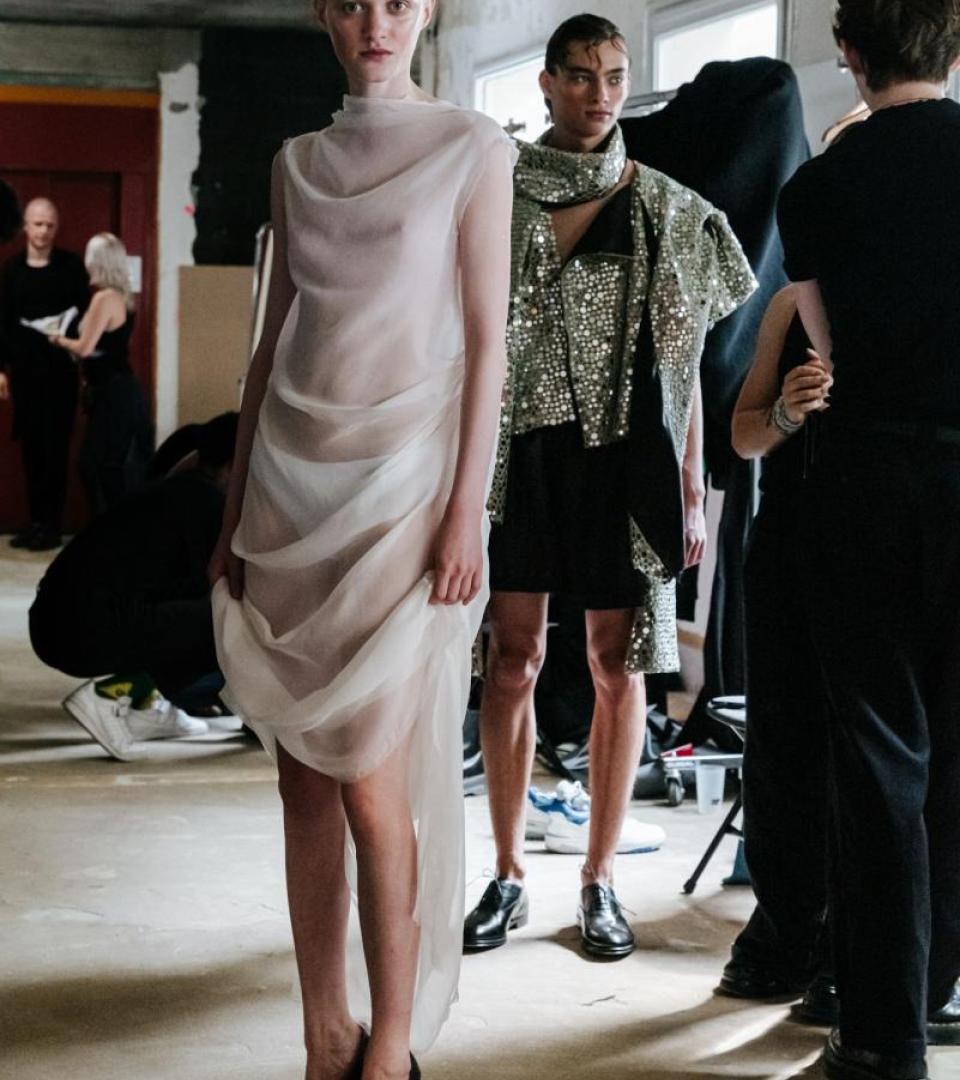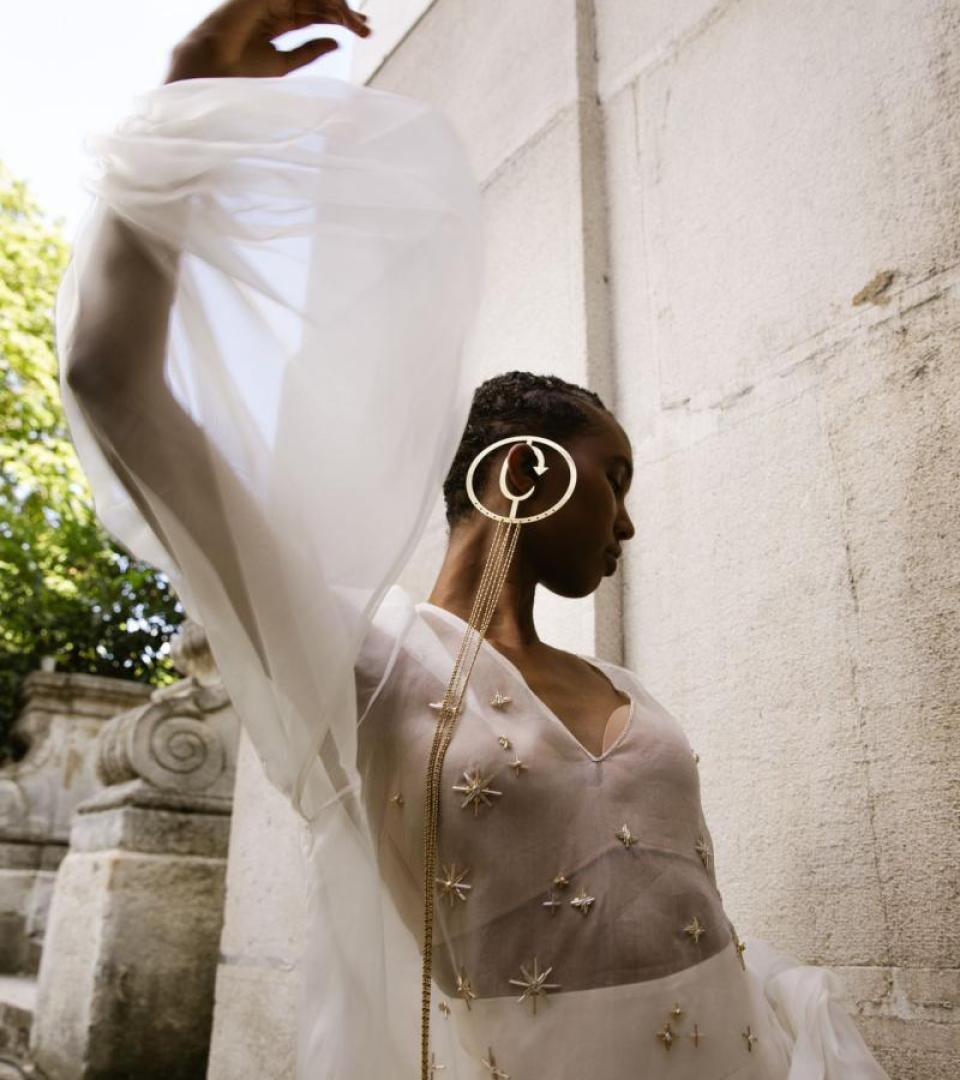Claire Thomson-Jonville, Vogue France: “My role means that I carry a legacy, and I see it as a real responsibility.”
Since January 2025, Claire Thomson-Jonville has steered Vogue France as Head of Editorial Content at a pivotal moment for fashion. The Scotland-born, Paris-based editor and entrepreneur combines an outsider perspective with a holistic approach, placing wellness as a central pillar of her editorial vision.
The upcoming Paris Fashion Week marks the arrival of new creative vision. What is your take on this turning point, and what would you like to see there?
This is a historic fashion week. The new beginnings of leading designers at France’s most prestigious fashion houses have generated considerable interest, culminating in Jonathan Anderson at Dior and Matthieu Blazy at Chanel. With all these changes, we can only hope for a return to true creativity and a refocusing on the identity of these fashion houses.
After studying law in Edinburgh, you came to Paris for a program at the Sorbonne. Did you already have ambitions to devote yourself to journalism and fashion, or was it Paris that sparked your creative journey?
I knew that studying law would open many doors for me, and it offered me the luxury of being able to choose my path later on. It was a practical decision, but it didn’t stop me from nurturing my passion for writing and magazines. I was the editor-in-chief of the university journal. I moved to Paris in my twenties to attend the Sorbonne on an exchange from Edinburgh. Since then, I’ve made Paris my home and immersed myself in the industry here. I’ve been reading magazines since I was teenager. I’ve always collected issues of Vogue, especially French and Italian. I recall that, from a young age, I wanted to be the editor-in-chief of Vogue, and I was fascinated by the world of fashion and storytelling.
Before joining Vogue France, you were editor-in-chief of Self Service Magazine and editorial director of i-D France. What did you learn from these experiences and how did they shape your current editorial approach?
I've always approached my career as a couteau Suisse [Swiss Army Knife]. I’ve never been bound by one specific role or definition, which has allowed me to seize opportunities from different angles. I’ve always embraced my outsider perspective; it’s been a key part of how I find new opportunities and connect with people from diverse backgrounds. Those were exciting years. It really shaped my editorial perspective and approach to content.
Alongside your career in journalism, you founded CTJ Creative, a digital strategy and style consulting agency, and then Out of State, an immersive retreat focused on holistic wellness. What did these two initiatives – one centred on the professional industry, the other on a path of introspection – teach you about your overall approach to beauty and creativity?
Wellness is a key part of my everyday life. I use it as a way to clear my mind so that I can focus and curate content with a fresh perspective. It helps me stay sharp, which is critical for making informed decisions in a constantly evolving industry. And I take this approach to Vogue. Wellness is a central theme in the print issue every month, on the website, and in our videos. We also hosted our first wellness event at the end of June with a lineup of experts to create a holistic experience for our audience, and we will continue and do much more in the next months. For me, integrating wellness into our content is a natural extension of my personal values and work.
You were appointed Head of Editorial Content last January. What does this role mean to you, and what does Vogue France represent today as a magazine and creative platform?
This title more accurately reflects the reality of today’s fast-changing profession. We’re no longer content to run a print editorial office. With digitalisation, we’re true creators and producers of content for all distribution channels: print, web, social and events. For me this role also means that I carry this legacy, and I see it as a real responsibility. I want to nurture it, but I’m also constantly asking myself: What purpose does it serve today? Of course, there are codes, like when you take over a Maison with archives.
Vogue France, both here and internationally, has always had a distinct image, a unique aesthetic and energy. It was unmistakably French, and it was also embodied by its editor-in-chief. Today, I might be the face of it, but it’s not about me. What I bring is knowledge. The question I always ask is: What would that look like today?
At a turning point, the September issue features a conversation with Carine Roitfeld and a look back at the archives, while paying tribute to Haute Couture, a French exception. What guided this editorial approach, and how do you think it sheds light on fashion today and its future?
Carine Roitfeld is a key figure in the fashion world and, of course, a major figure at Vogue, whose legacy continues to influence us today. Looking back with her on her years at the helm of Vogue Paris is also, just like what we expect from the upcoming Paris Fashion Week events, a way of conveying the spirit of this magazine, where fashion has always been a subtle cultural expression as well as a very strong point of view on style.
This interview has been lightly edited.
Reuben Attia



